UNSC Resolution 2178: How easily can it be enforced?
- Published
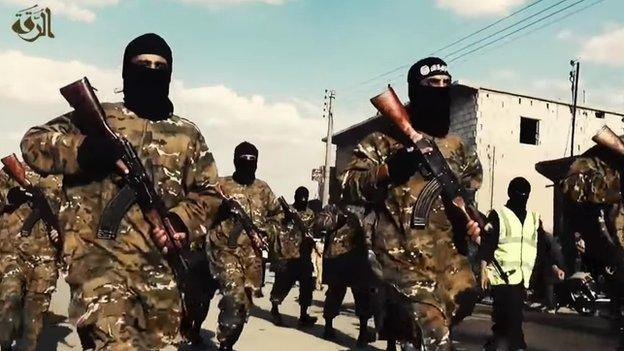
A new IS video purportedly shows new recruits
The United Nations Security Council resolution on tackling the threat of foreign fighters in Iraq and Syria is binding for member states.
But successfully enforcing it will depend on the anti-terrorism laws and powers of individual countries.

UN Security Council Resolution 2178
Member states must:
stop individuals believed to be "foreign terrorist fighters" from crossing their borders
stop and ban funding or facilitating such individuals
prosecute, rehabilitate and reintegrate "returning foreign fighters"
stop "recruiting, organising, transporting or equipping" anyone going abroad for terrorist acts or training

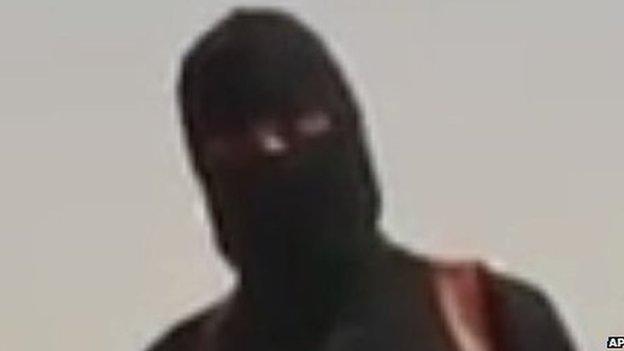
The man shown in the recorded beheading of US journalist James Foley spoke with an English accent
United States
In the United States, about 100 people, external have joined factions - not just the Islamic State (IS) - fighting in the Syrian conflict.
Currently, the Department of Homeland Security has the power to stop a suspected terrorist from entering the US, and the federal government's terrorist watchlist process, external plays a key role in tracking people suspected of having ties to IS. Authorities can also track and monitor suspects domestically.
In September, President Barack Obama asked Congress for more funding of counter-terrorism to help train and equip other countries who are fighting Islamic State - also known as Isil or Isis. Other US efforts to stop indirect terror financing, external have been going on for decades.

United Kingdom
In August, the UK government said up to 500 British nationals were fighting alongside Islamic State and other militant groups in Syria and Iraq.
On 1 September, Prime Minister David Cameron called for new police powers to seize passports of terrorist suspects at UK borders, and "discretionary targeted powers" to block British-born extremists from returning to the UK. The monitoring of suspects in the UK will also be strengthened.
Terrorism prevention and investigation measures (Tpims, external) will be extended, to include the power to relocate suspects.
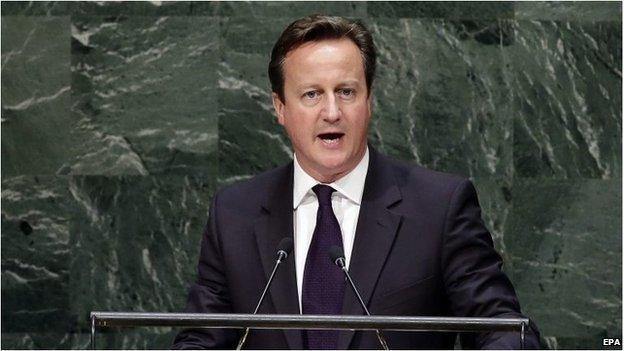
About Islamic State, the British government has said "the cruelty being meted out is horrific"
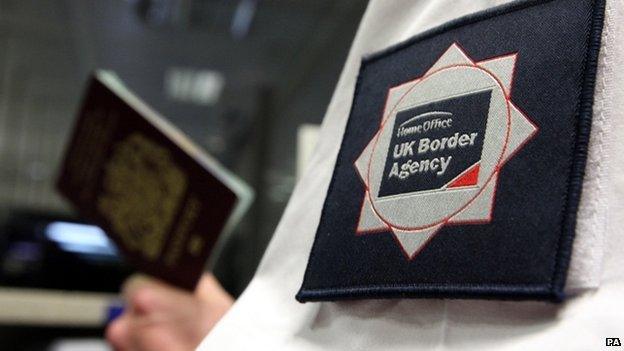
Some EU countries have already cancelled passports to combat the IS threat
Suspects will be required to undergo de-radicalisation programmes, and airlines flying to and from conflict zones will be made to share more information about passenger lists.
The Home Secretary currently has the power to strip citizenship from dual nationals or from immigrants who have become naturalised citizens and are now fighting overseas. The government is also able to remove the passports of British citizens who want to travel abroad to engage in terrorism.
So far, 23 people who were planning to travel to Syria have had their passports confiscated.

France
Some 350 French citizens are now fighting in Syria while some 180 recently returned from there to France, according to French newspaper Le Monde.
France has said it wants to strengthen its anti-terror laws by banning suspected jihadi recruits from leaving the country and cracking down on so-called "lone wolf" terrorists.
It has proposed shutting internet sites which preach jihad to young people, to stop French-born militants returning from jihadist movements in Syria and other countries and launching attacks on European soil.
The proposed new law follows the arrest of Mehdi Nemmouche, the 29-year-old man who is suspected of killing four people at the Brussels Jewish museum in May after fighting in Syria with IS.
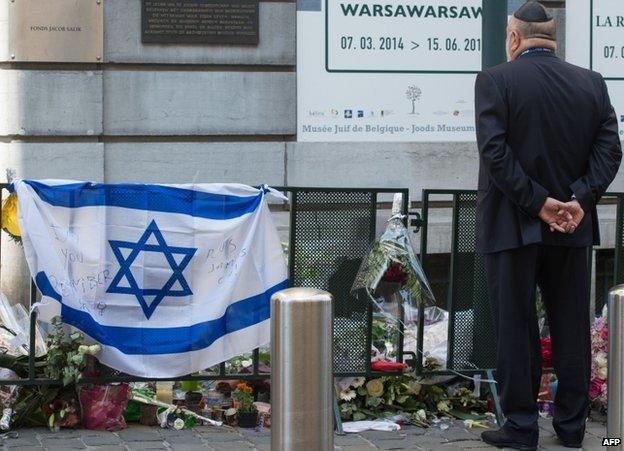
Two Israelis and a French volunteer were killed and another employee wounded in the Brussels attack


Sweden
At least 85 Swedes have travelled to Iraq and Syria to fight with Islamic State and other extremist groups, but the foreign ministry has told the BBC that 20 of them have died. Around 40 are back in Sweden.
The emphasis of Sweden's national counter-terrorism policy, adopted in 2012, is on preventing radicalisation and countering violent extremism through deeper dialogue with affected communities, among other measures.
The outgoing government proposed criminalising those who go to the Middle East with the aim of fighting for IS.
It also wants to ban anyone from contacting IS with the intention of planning a trip.
The Social Democrats, expected to lead the next government, say they want a more wide-ranging ban, making it illegal for Swedes to fight for any foreign government or group, unless the action has been approved by the Swedish parliament.

Australia
Australia says at least 60 of its citizens are in the Middle East fighting with Islamic State and other militant groups, while 20 have returned and at least another 100 are actively working to support the movement at home.
New laws have been introduced criminalising travel to known terror hotspots with no valid reason, and making it easier for the authorities to seize and keep hold of passports of Australian citizens.
Sixty such people have reportedly had their passports cancelled in recent weeks, amid fears they were about to travel to the Middle East to fight alongside militants.
